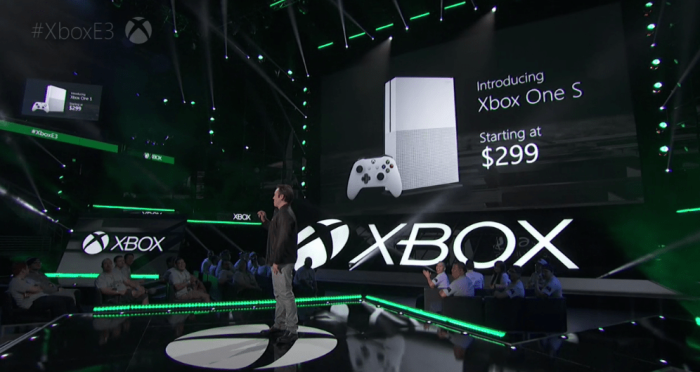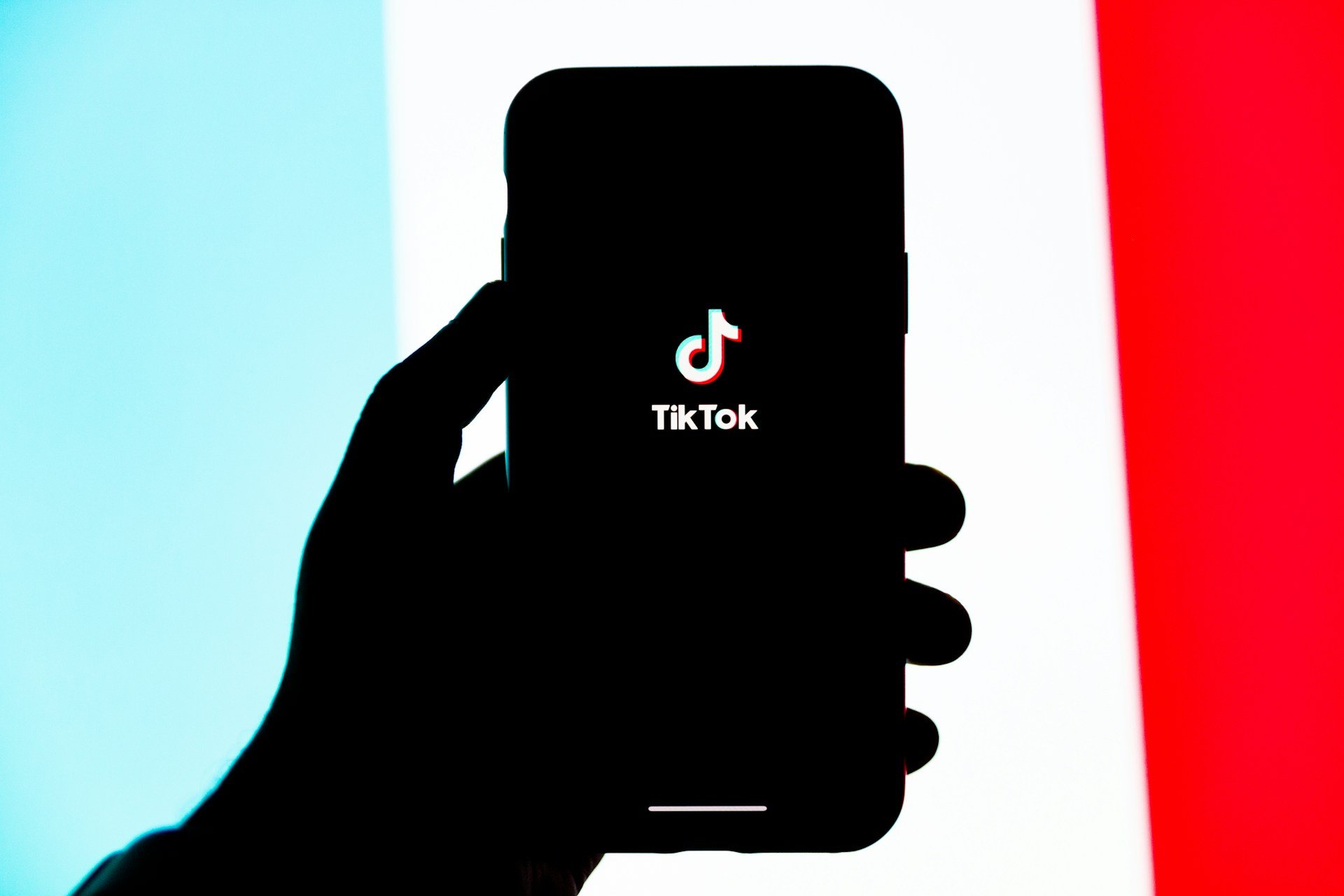Microsoft’s Phil Spencer confirms that Xbox isn’t the company’s “ugly step-child”
4 min. read
Published on
Read our disclosure page to find out how can you help Windows Report sustain the editorial team Read more

When it rains, it pours, and after a week of mixed reactions to Microsoft’s showing at E3 2016, an opportunistic research group by the name of DFC Intelligence used the seemingly murky public feedback to pile on with its ambitious prediction of the Xbox division’s exit from gaming.
However, head of Xbox Phil Spencer isn’t leaving the predictions of DFC Intelligence open for debate. In a series of tweets answering understandably curious fans, Spencer debunks the notion that the Xbox division will exit gaming or that Microsoft has plans to spin off its efforts into a separate company.
quite
— Phil Spencer (@XboxP3) June 22, 2016
Yes, announcing 2 consoles, to me, would be a strange lead in to that.
— Phil Spencer (@XboxP3) June 22, 2016
Looking back on it, DFC Intelligence took a very high-level view of the Xbox keynote at E3, wherein the organization makes the argument that Microsoft’s announcement of Project Scorpio “effectively killed the Xbox One Slim right out of the gate.” While the announcement and reveal of a lower-priced, better spec’d and updated hardware offering is a bit more nuanced than asking gamers to “wait” on a mysterious and potentially price-sensitive future project, DFC does have a strong argument to a potential stall in sales of Xbox One Slim console.
It should also be noted that DFC Intelligence has a few low-hanging fruit predictions under its belt such as gaming revenue would hit 100 billion in 2018, which looks to be surpassed as the 100 billion mark will be cleared undoubtedly later this year. However, the much larger, more overarching prediction made by DFC Intelligence that not only would the Xbox division exit the gaming market but when and why it should have rustled the feathers of gamers, journalist, and fans.
DFC’s assertions that Microsoft is not committed to gaming and that the company views the division as its “ugly step-child” will ultimately lead to the company leaving the market as soon as 2017 reads more like reactionary gamer fanboyism than calculated analysis. DFC also does itself any favors as it seemingly climbs the tent pole of conspiracy logic amidst the actual wording of Phil Spencer and other Xbox executives during the E3 2016 keynote.
There are all kinds of other problems with Microsoft’s mixed messaging. The pricing on the original Xbox One is great, and the Slim is wonderful, but all the important new games will be on PC, so why invest in a console? Just upgrade your PC. And if you do want a console why buy now when Scorpio will be here later. All of this is a net dampener on new hardware sales now and really opens the door wide open for Sony and even Nintendo for the NX.
The biggest issue is whether Microsoft will even have a game division by the time Project Scorpio launched. It is no small irony that the E3 events went on at the EXACT same time as Microsoft CEO Satya Nadella was announcing the $26 billion acquisition of LinkedIn.”

Barring unforeseen marketing blunders or manufacturing catastrophes, Microsoft’s Xbox division appears to be moving toward a steady goal beyond 2017. Microsoft’s gaming division is set to deliver the fan favorite Xbox S this August, a slew of first and third party games with schedules reaching well into 2017, offering customer friendly Xbox Design Lab and busy implementing a Windows 10 gaming experience that seems vital to the platform’s long-term developer viability.
With the Playstation beating Xbox One consoles at a healthy (almost) 2-to-1 sales ratio right now and an arguably (strongly argued) middling showcase at E3 2016, it seems easy for an analyst to predict another lackluster year for Microsoft’s gaming division. However, a full-scale departure from multi-billion dollar business coming off the heels of very public hardware and software focused announcement seems “strange.”








